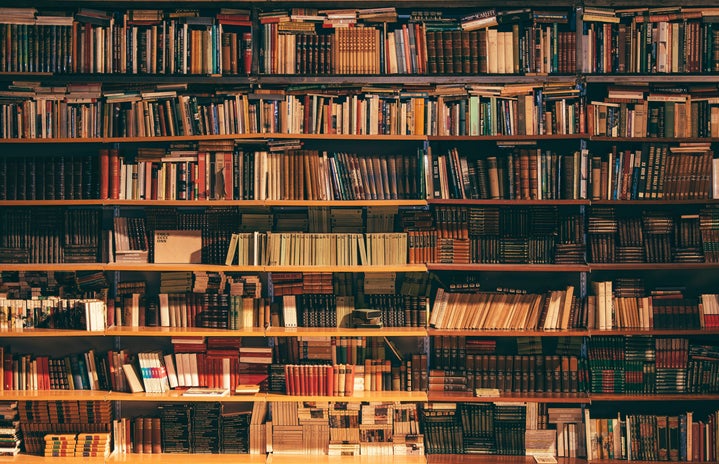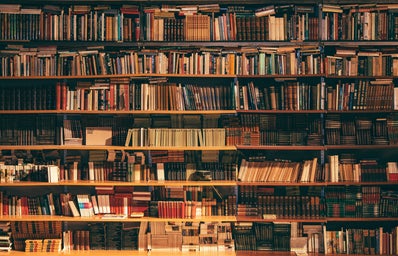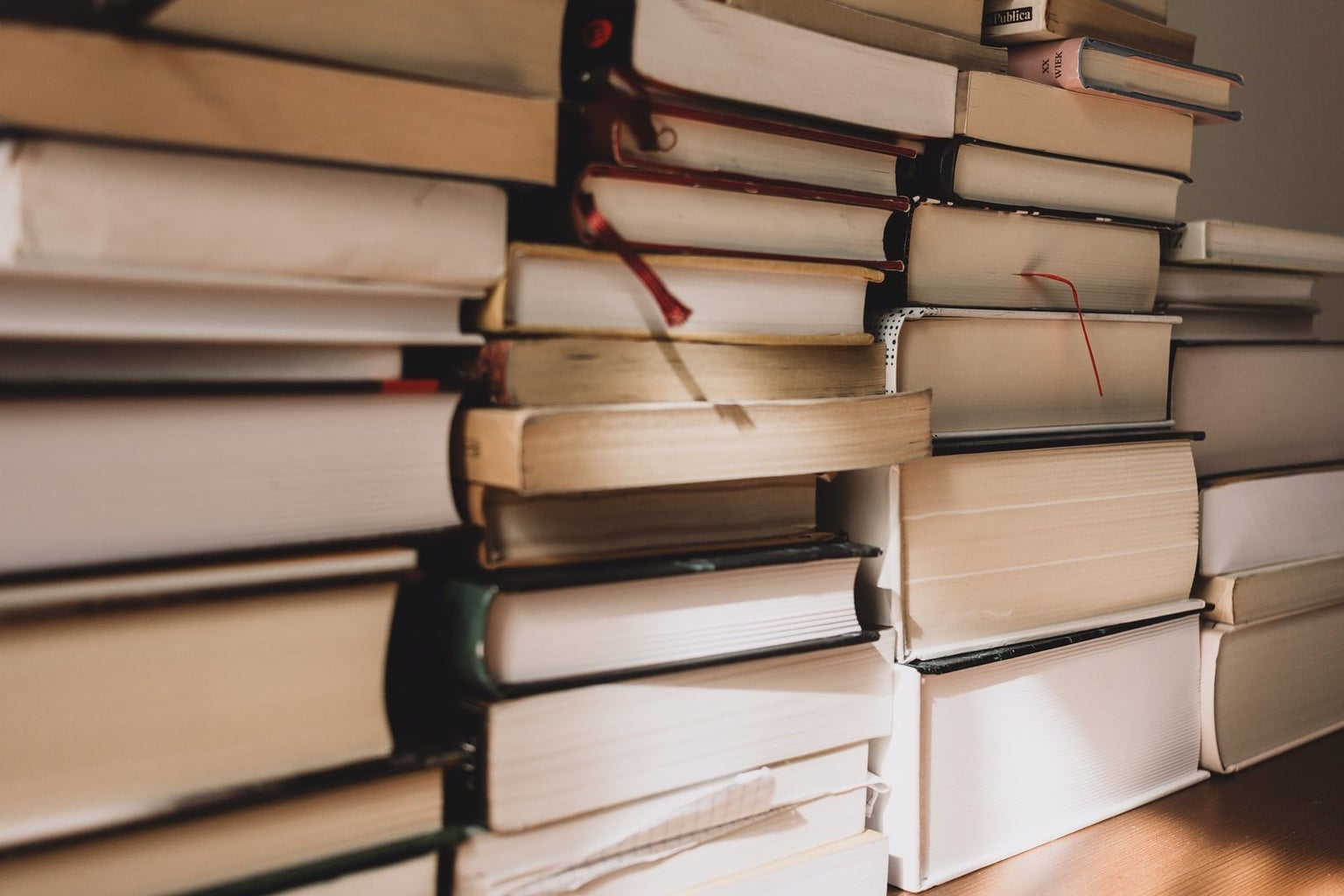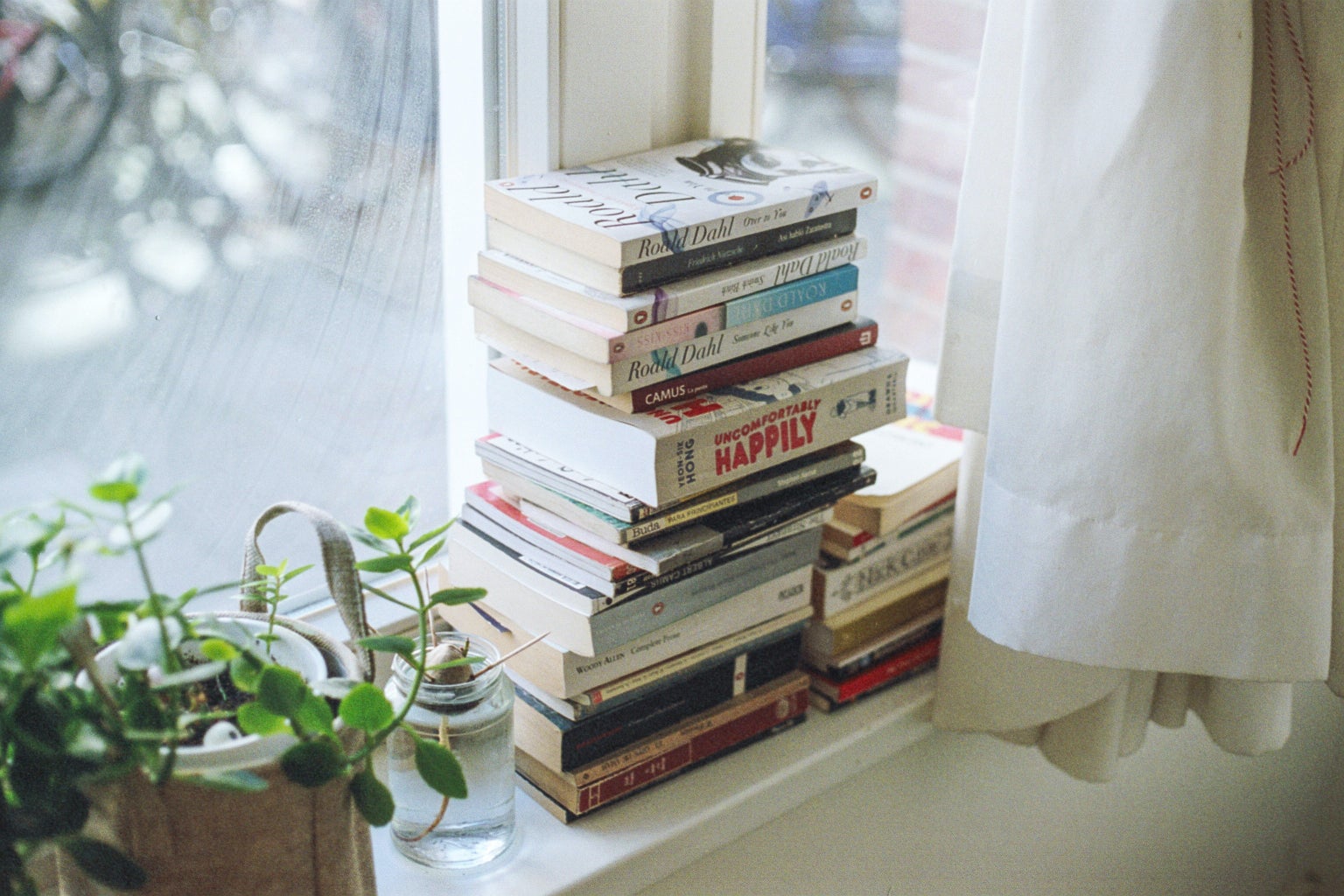As an English major, I’m often asked about my favorite genre of literature, and what I like to read. I rarely feel like I come up with an adequate answer to this question, because I’m not overly tied to a genre and there’s not a clear commonality between my favorite books. And, as much as I love to read and the amount I do read, it’s difficult for a book to impress me. Recently, though, I’ve realized how many works of autobiography or autofiction I hold in my heart. I’ve felt hesitant to share that I am often drawn toward memoir; I worry that when I say “memoir,” people picture the ghostwritten, produced-for-publicity celebrity memoirs (and I will be pretentious and say I often look down upon those). However, I can’t deny that many of my favorite books are memoirs or autofiction, and as I’ve explored the genre in a more academic context, I’ve become more and more interested in the possibilities and complexities of the genre.
Here are a few of my favorites:
‘In the Dream House’ by Carmen Maria Machado
In the Dream House is a memoir-account of Machado’s experience during and immediately after an abusive relationship. Machado tells the story of the relationship through the metaphor of the “dream house,” an ironic facade of domestic bliss covering domestic violence. The abusive partner is referred to only as the “woman in the dream house,” and it is written in the second-person with Machado addressing the readers as the inhabitants of the dream house. The subject matter can be heavy, but Machado’s prose and structure is captivating—each chapter is structured after a narrative trope (e.g., “Dream House as American Gothic,” “Dream House as Chekhov’s Gun”). Machado masterfully weaves her literary expertise into the story of the relationship to create an engaging and impactful story.
‘Oranges Are Not the Only Fruit’ by Jeanette Winterson
After years of it sitting on my to-read list, I finally read Oranges Are Not the Only Fruit in my ENL 155C (20th Century British Novel) class this winter. This is technically a novel, but it closely parallels the events of Winterson’s childhood growing up a lesbian in an English Pentecostal community, with the main character Jeanette sharing Winterson’s name as well. Interspersed throughout Jeanette’s story are various fantasy narratives that sometimes correspond with, and sometimes contradict, Jeanette’s narrative. This not only adds a sense of magic, but it highlights the complexities surrounding Jeanette’s experience.
‘Slow Days, Fast Company: The World, the Flesh, and L.A.’ by Eve Babitz
I actually wrote my very first Her Campus article about this book, so I won’t summarize it too much here. It’s a work of autofiction—fictionalized vignettes of Eve’s life as an “it” girl in 1960s/70s Los Angeles (and surrounding areas). I haven’t reread it in a while, but even thinking of it immediately transports me to summer in L.A., and makes me cling onto my Southern California roots.
‘Hunger Makes Me a Modern Girl’ by Carrie Brownstein
I debated whether or not to include this one because I think it’s mainly appealing to a niche audience, but I love it a lot so it’s staying in. This is the memoir of Carrie Brownstein, the guitarist/vocalist and founding member of the band Sleater-Kinney. (She’s also the co-creator/co-writer/co-star of Portlandia alongside Fred Armisen). Hunger Makes Me a Modern Girl primarily focuses on Brownstein’s life in the band, bookended by accounts of her family and childhood, and her life immediately after S-K’s indefinite hiatus in 2006. (Good news: they got back together in 2015). As a massive S-K fan, Brownstein’s memoir provides such an interesting look into the transformation of S-K and their music over the years.
This is only a small sample of the wonderful memoirs and works of autofiction, not only that exist, but that I love—I recommend checking out the genre. Happy reading!




